Can Constipation Cause Back Pain?

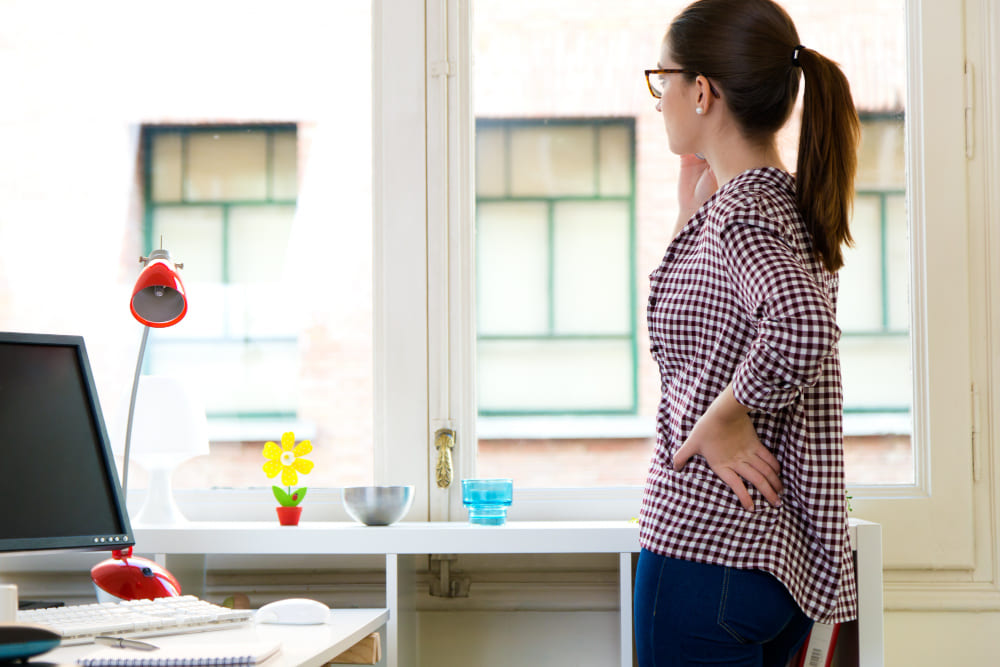
Related products
Constipation and lower back pain are two major parameters that have a huge bearing on the quality of life. Thus, while apparently unlinked, evidence is amassing for their interrelationship. Pressure caused by a distended colon during evacuation is a sort of strain that might have led to the discomfort felt in the lower back. Evidence linking constipation and lower back pain assumes great importance in the management and prevention of further aggravation of complications.

What is the Connection between Constipation and Back Pain?
Constipation and back pain are unrelated issues, but there lies a physiological explanation behind this connection. As such, constipation will continue to cause the accumulation of stool in the colon, which consequently gets distended. This could put pressure on the surrounding nerves and muscles from this distension and thus discomfort in the lower back, according to a gastroenterologist, Dr Sarah Johnson. Up to 28 per cent of patients with chronic constipation have some kind of back pain, according to research in the Journal of Neurogastroenterology and Motility.
What Causes Constipation-Induced Back Pain?
The most important cause underlying constipation-induced back pain is pressure from a distended colon. When the colon becomes full of hard, compacted stool, the enlarged size may have pressure exerted on the spine and the surrounding structures. Dr Michael Lee, an orthopaedic specialist, added that the pressure could irritate nerves in the lower back, thus causing pain that ranges from mild discomfort to acute pain in some people. This becomes all the more real for those who have pre-existing conditions with their spine since a small amount of pressure increase may exacerbate symptoms.
How Straining Contributes to Back Pain?
This is a very common habit in people who suffer from constipation, and this can also lead to back pain. Straining at stool increases intra-abdominal pressure, which once again places additional stress on the lumbar spine. Indeed, one such study concluded that a high percentage of patients with acute episodes of lower back pain had straining a lot at defecation in the American Journal of Gastroenterology. This also goes on to further highlight the importance of managing constipation in the first instance, as it will help avoid secondary complications like back pain.
How to Manage Constipation and Associated Back Pain?
Some positive input on the reduction of back pain can be made by managing constipation. Increased intake of dietary fibre, enough hydration, and exercise regularly taken out will ensure a propitious influence on constipation. As dietitian Dr Emma Clark has commented, a high intake of fibre can make the passage of stool easy and hassle-free during bowel movements and hence reduce the possible complications of constipation. Also, if one has already been suffering from a backache, then maintaining a more ergonomic posture while passing motion and avoiding long straining can reduce the pressure on the lower back. Find out How to Relieve Stomach Pain from Constipation?
When to Consult a Doctor
If constipation continues even after lifestyle changes or is accompanied by important back pains, then it is of key importance to seek medical advice. Moreover, signs such as chronic constipation and unexplained back pains could be indicative of underlying health problems in need of treatment. As specified by general practitioner Dr Andrew Wilson, persistent symptoms should never go unheeded for, in the long run, they increase the possibility of acquiring IBS or, in worst scenarios, herniation of spinal discs. In this regard, early identification and treatment hinder their development hence improving the quality of life.

People Also Ask
What does constipation back pain feel like?
Constipation can create some rather low aching type discomfort in the lower back. This may come out of proportion through prolonged periods of sitting or standing; not infrequently, pressure or fullness is felt in the abdomen with this.
How do I know if my back pain is bowel related?
Back pain associated with the bowel frequently coexists with symptoms of constipation, including low frequency of stool, hard stools, and straining at stool. If back pain is alleviated or reduced immediately post-defecation, it is likely to be associated with bowel dysfunction. Find out What causes a change in bowel habits?
What simple trick empties your bowels immediately?
One easy way to alleviate constipation is through increased fibre, fluid intake, and light physical activities. Many people often find that some warm beverage, like herbal tea or coffee, would help stimulate peristalsis for immediate relief.
Where is constipation pain located?
Most commonly, this constipation pain is rather situated in the lower abdomen, yet more precisely in the lower left area, where the colon is situated. This can radiate towards the lower back, further contributing to discomfort.
Conclusion
Although they are treated as two independent issues most of the time, very often they are connected through the physiological mechanisms concerned. Interventions aimed at constipation by diet, hydration, and medical means can also bring relief from associated back pain and improve general well-being. It is precisely this interrelation that enables recognition for more comprehensive care, avoiding the progress of symptoms that might become chronic in discomfort.





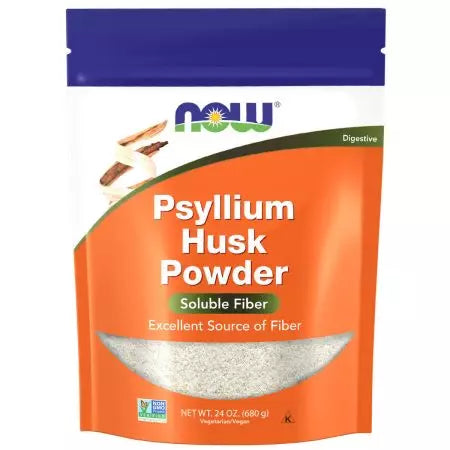
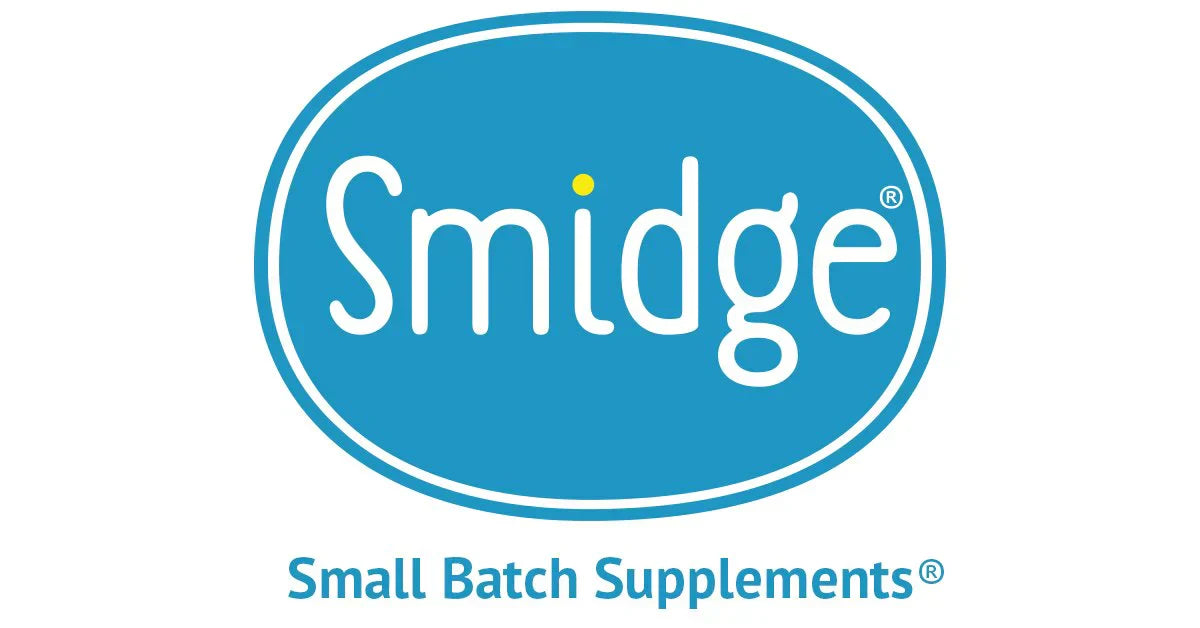

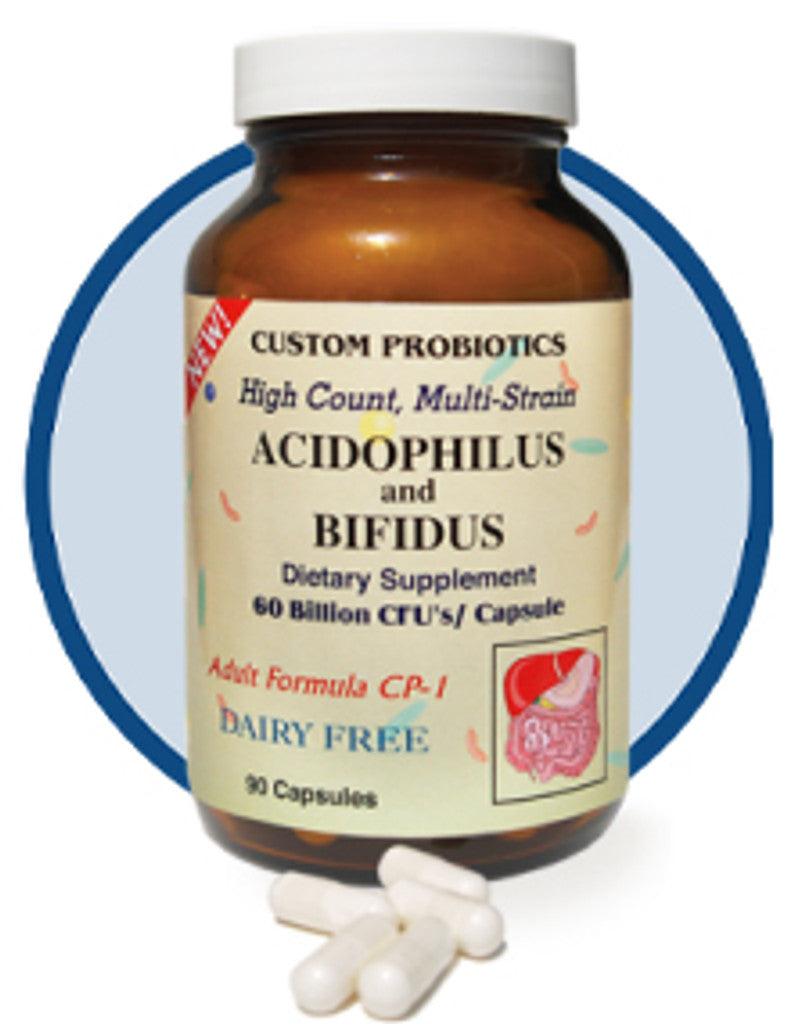

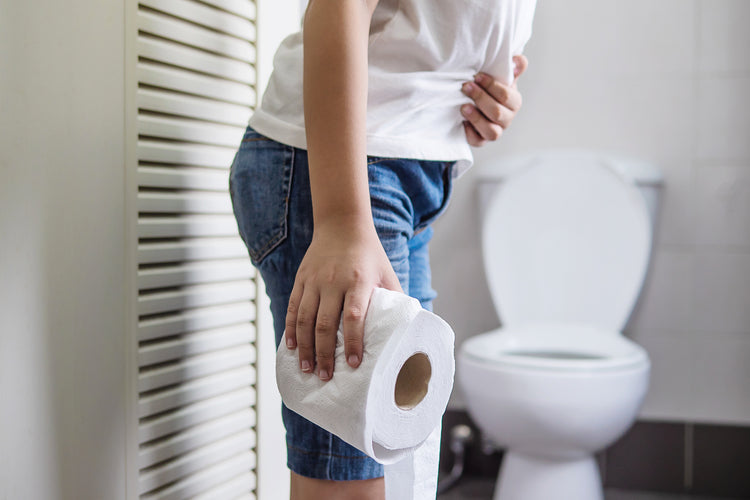
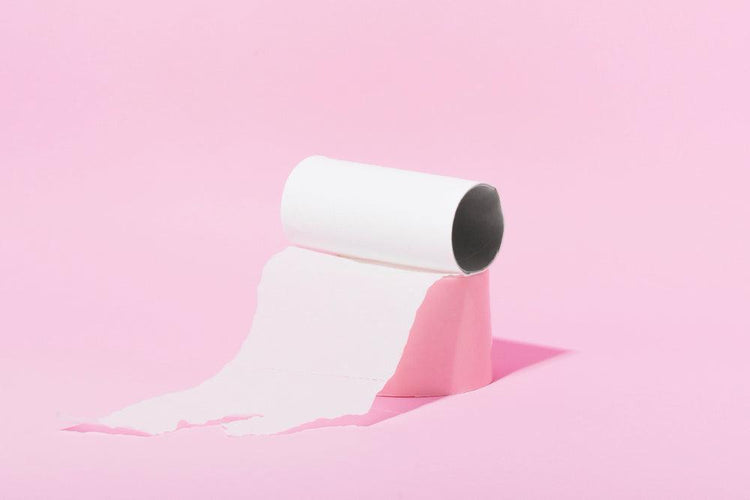


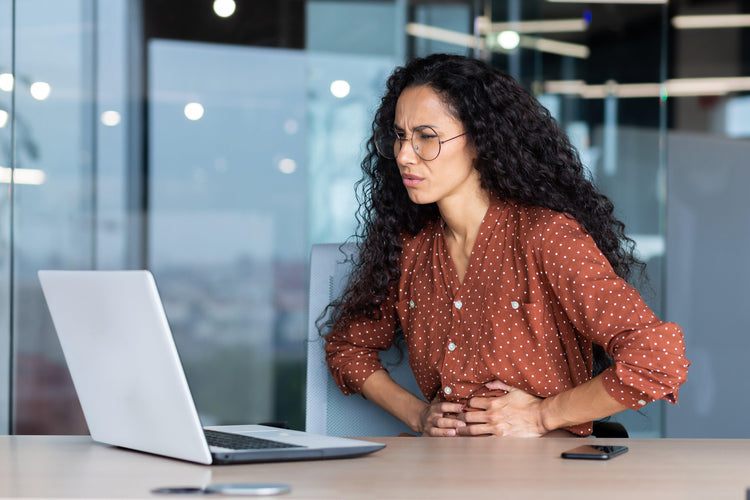
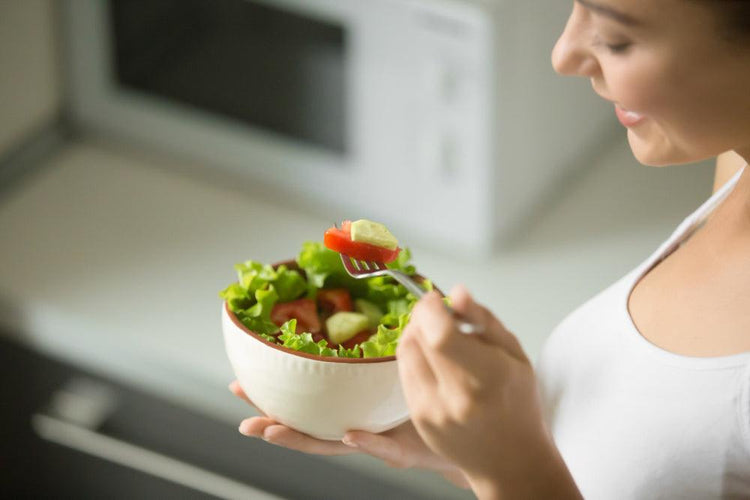

 Rated Excellent by 26,523+ Reviews
Rated Excellent by 26,523+ Reviews